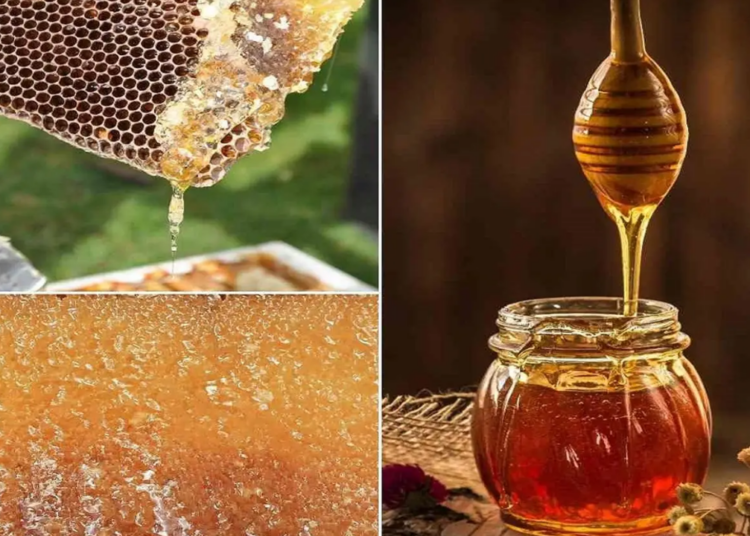Bee farming, also known as apiculture, is the process of rearing bees for the production of honey and other bee-related products. Bee farming is an essential agricultural practice in Nigeria and Africa as a whole which has continued to yield profit due to large markets for pure honey.
Beekeeping is a sustainable agricultural practice that can help in the conservation of natural resources like forests, as bees play an essential role in pollination. The practice can also serve as a source of income for rural communities, especially women and youths.
In Nigeria, beekeeping has been identified as a tool for poverty alleviation, with various government and non-governmental organisations supporting the development of the industry.
Investing in harvesting of bees would be a first step to investment in Pure Honey as honey is the byproduct of bees.
Speaking with LEADERSHIP, farmer and animal hunter, Mr Jamiu Adaji, said, getting honey is like getting food from Lion’s den because of the risk exposure.
According to him, “my first entry into honey was coincidental because I stumbled on huge honey comb colony. Though I succeeded in taking plenty of honey, it took me tough time. As time goes on, I made up my mind to always be in search of bee colony where I normally take honey. We have high demand for honey as more people are now moving away from sugar.”
Bee farming and honey are special to some states such as; Adamawa, Kogi, Nasarawa, and Kaduna as well as the Federal Capital Territory(FCT) were producing most of the nation’s honey.
Honey production has been identified as having the potential to provide employment and reduce poverty among rural households in Nigeria.
Honey is an excellent source of numerous nutritional ingredients, including vitamins, minerals, calcium, and antioxidants and has been noted to possess several medicinal properties that can help improve metabolic activities, maintain blood pressure levels, reduce the risk of diabetes, and can even heal burn wounds.
Speaking on investment on pure honey, Adaji, who has a farm in Kogi, advised that since bees often operate under sunny temperature which is between February and April, investors should consider the weather before embarking on it.
According to Adaji, bees can take about 7 days to 2 months for production of their honeycomb. In about 7 days from the early build up and moving in, honeybees can add from 1 to 3 pounds of honeycomb inside the structure.
On his own part, Mr Edoki John, another farmer from Kogi State, said the process of making honey lasts approximately 45 days, where each bee develops a specific function. In this way, through teamwork, the correct development of the process is guaranteed, and therefore the creation of a high quality honey.
Edoki furthermore, said: “outside honey, bee farming has other by productyields like beeswax, bee venom, and propolis that have industrial use in the pharmaceutical, food and beverage industries. Research has shown that quality bee farming is viable in the rural areas of at least eight states across Nigeria.’
According to Edoki, there is need for interested bee farmer to look for suitable location for bee farming because there is need for space devoid of fire of smoke.





